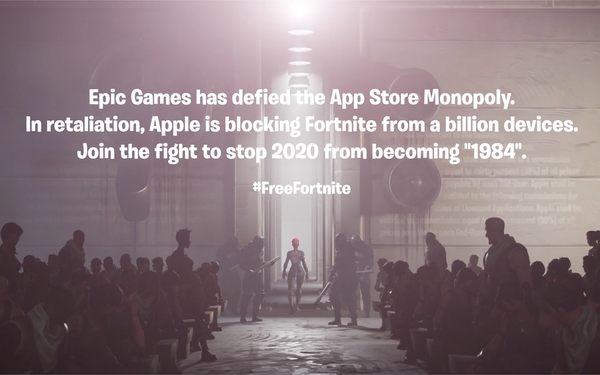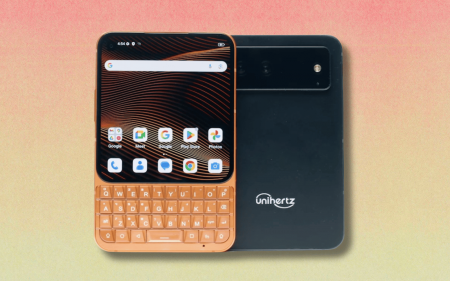If you’ve been keeping up with big tech politics, the latest courtroom drama has left many scratching their heads: Google lost against Epic Games in court last week.
Epic Games, the creator of wildly popular game Fortnite, managed to emerge victorious against tech giant Google. A US jury concluded that Google operated an illegal monopoly, favouring its app store over competitors.
The lawsuit, initiated by Epic Games in 2020, accused Google of unfairly establishing dominance in the app store realm, affecting the millions of users who rely on the store to download apps on Android smartphones.
While Google plans to challenge the verdict, Epic Games CEO Tim Sweeney welcomed the ruling. Taking to X (formerly Twitter), Sweeney said, “Victory over Google! After four weeks of detailed court testimony, the California jury found against the Google Play monopoly on all counts.”
Victory over Google! After 4 weeks of detailed court testimony, the California jury found against the Google Play monopoly on all counts. The Court’s work on remedies will start in January. Thanks for everyone’s support and faith! Free Fortnite! https://t.co/ITm4YBHCus
— Tim Sweeney (@TimSweeneyEpic) December 12, 2023
So, how did Google find itself in the hot seat, accused of running an illegal monopoly through the Play Store, while Apple’s App Store sailed through unscathed?
Some background
It’s important to note that Epic v. Google and Epic v. Apple are very different cases, each with its own set of evidence and arguments. The court made this clear from the get-go, even prohibiting references to the Apple trial in the Google case.
It should be said, though, that while Apple awaits a final appeal, Google plans to contest the recent decision.
One theory suggests that the difference lies in the logistics of each case. A new trial means dealing with unique circumstances and evidence.
Another factor is how these tech giants control their ecosystems. Apple has a more rigid approach with its “my way or the highway” stance, selling its iPhones exclusively. In contrast, Google promotes its ecosystem through third-party agreements, sharing profits with phone manufacturers who carry its apps.
The trial also shed light on questionable deals offered by both companies. While Apple faced scrutiny for its app store moderation, Google’s deals with developers came under the microscope.
As an example, Spotify didn’t pay to use its own payment system on the Google Play Store, while smaller developers had to put out.
Google’s Epic day in court
The courtroom dynamics played a significant role, with Epic facing Google in front of a jury, not a bench trial as Apple did. This allowed Epic to tell a narrative of good versus evil, and it’s believed a jury could more easily be swayed by its underdog nature.
Google’s attempts to justify deals with bigger developers were met with scepticism, especially when internal emails and plans were revealed. The jury saw how the tech titan attempted to hide certain details, with one juror expressing doubts about the credibility of Google’s CEO, Sundar Pichai.
Ultimately, the jury’s decision marked Google as having monopoly power in its chosen market, leaving the judge to determine the appropriate penalties. As Silicon Valley’s most powerful companies continue to navigate the legal landscape, the implications of these trials will undoubtedly echo through the tech industry.




